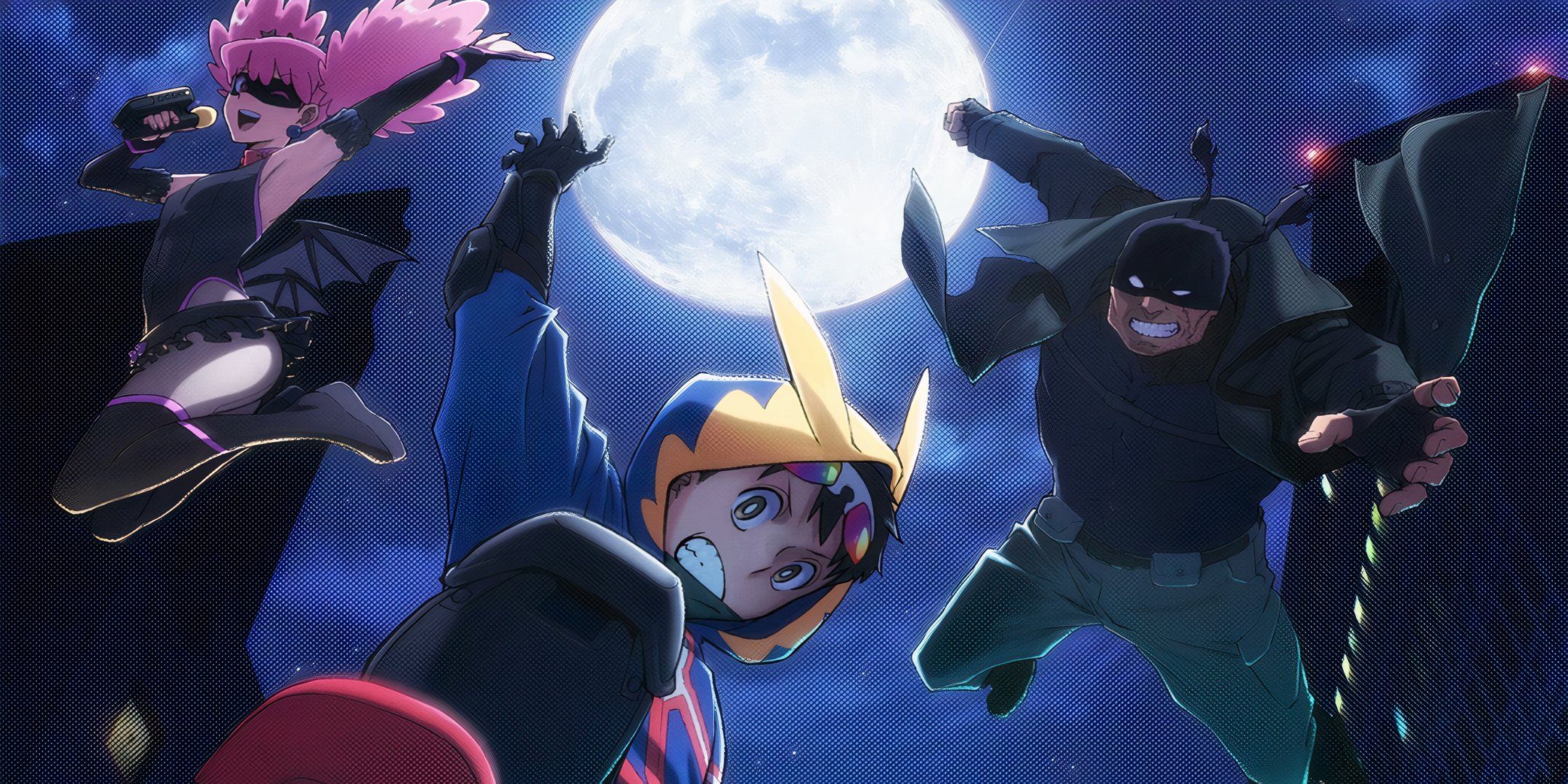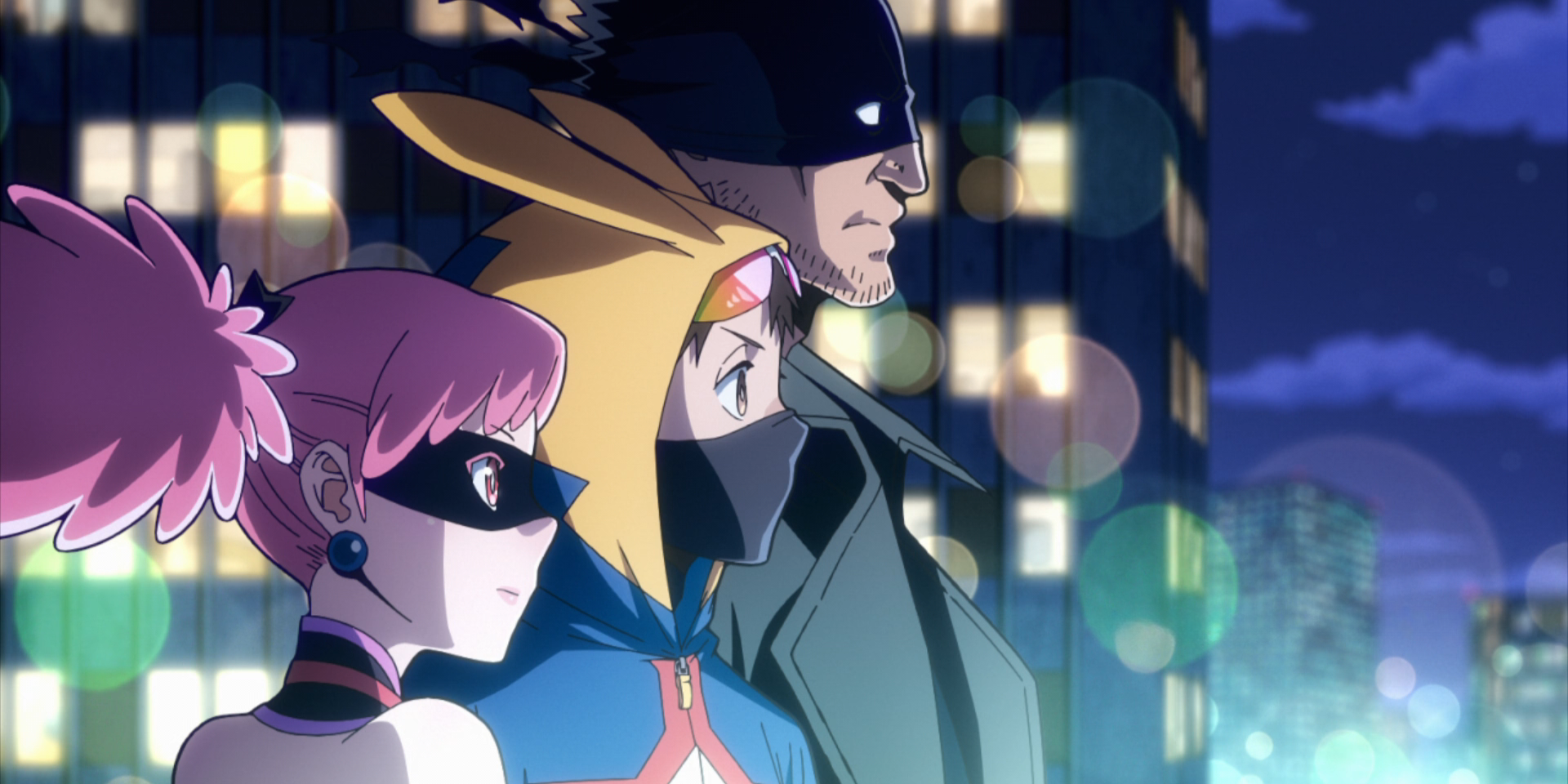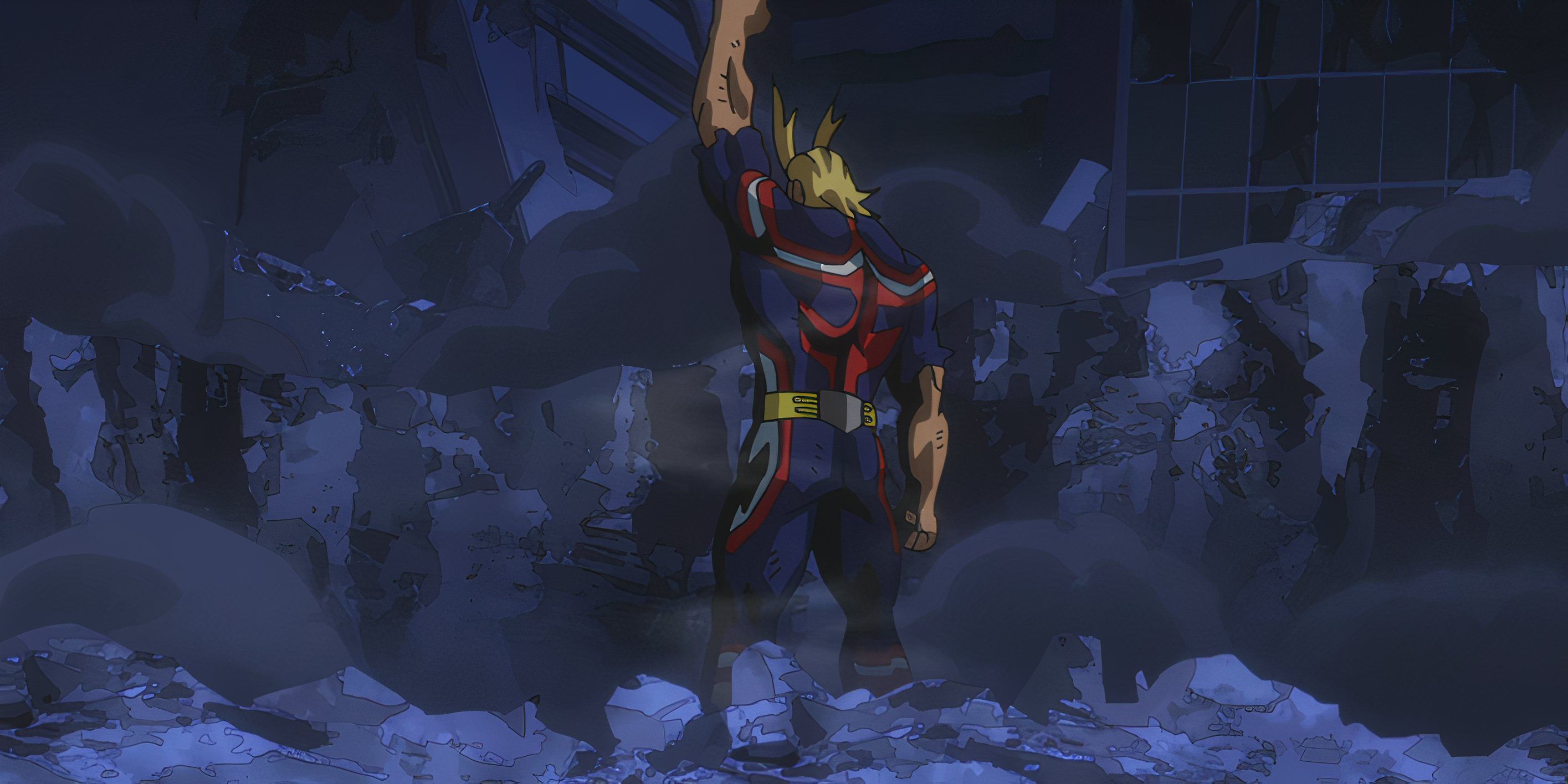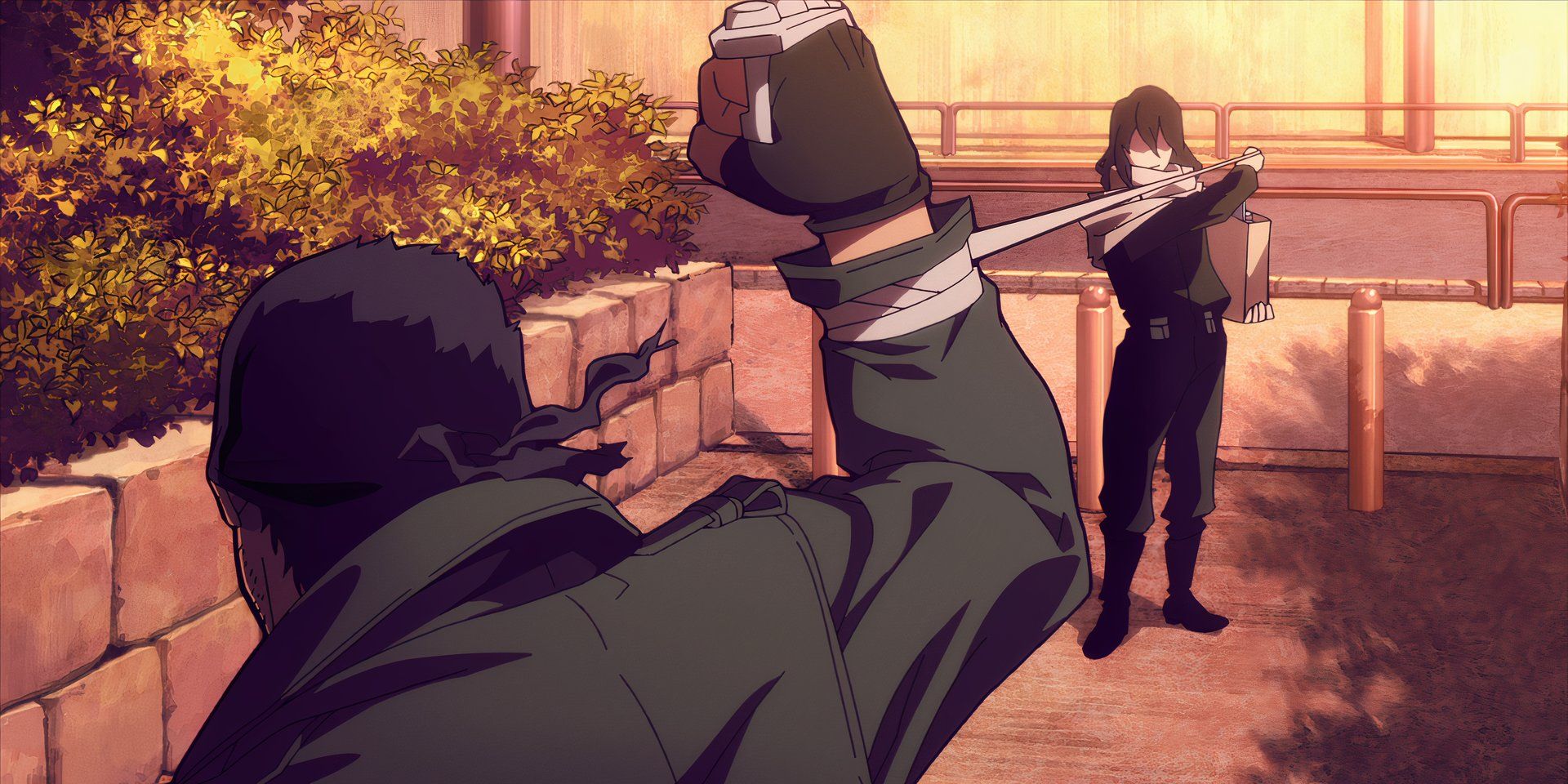Instead of focusing on hero course students at U.A.
High,Vigilantesintroduces a new cast thatexplores a deeper and more complicated side of heroism.
While the original is still a fan favorite,Vigilantesstands out in its own right for good reason.

The beginning of the series provides enough character development to make Koichis intentions clear from the start.
It explores the complexities of being a hero without an official license.
With real-world challenges and moral dilemmas at the forefront, the spin-off shows the less glamorous side of heroism.
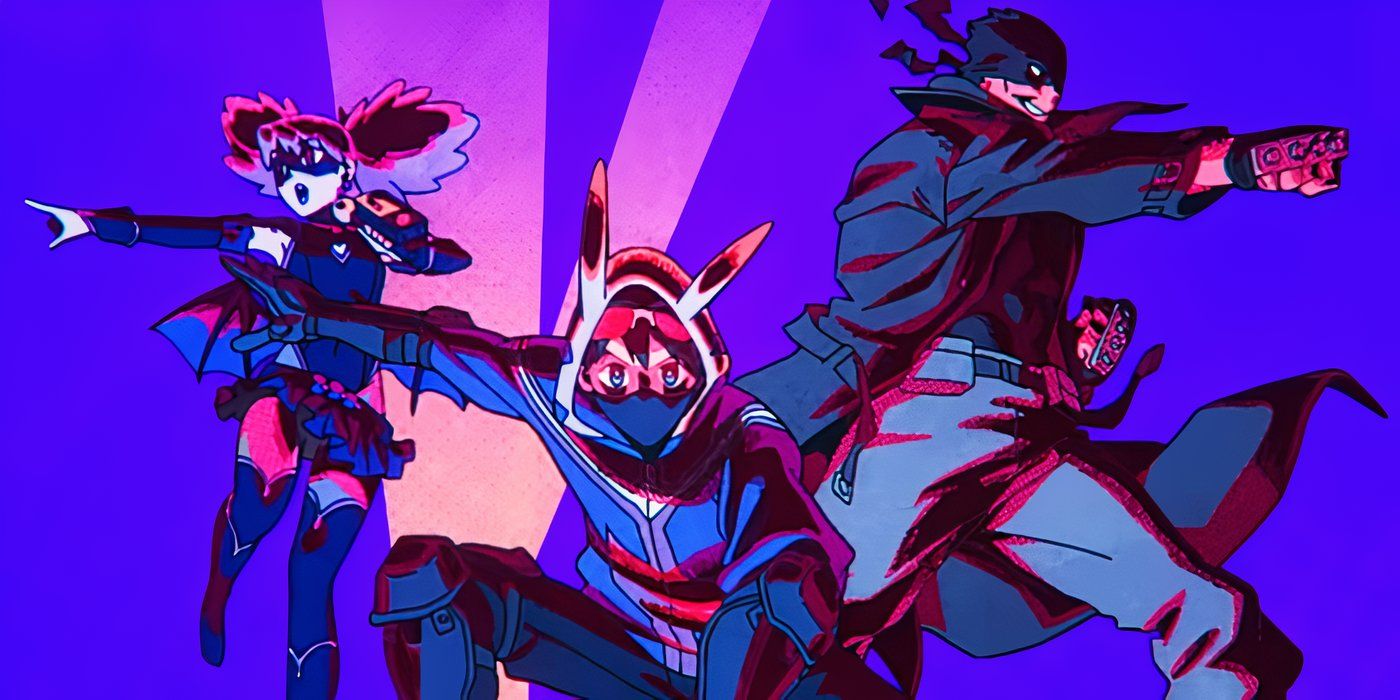
This grittier tone deepens the stakes.
The characters inVigilantesarent well-trained students or established heroes.
Instead, theyreregular people who make the conscious choice to attempt to make a difference.
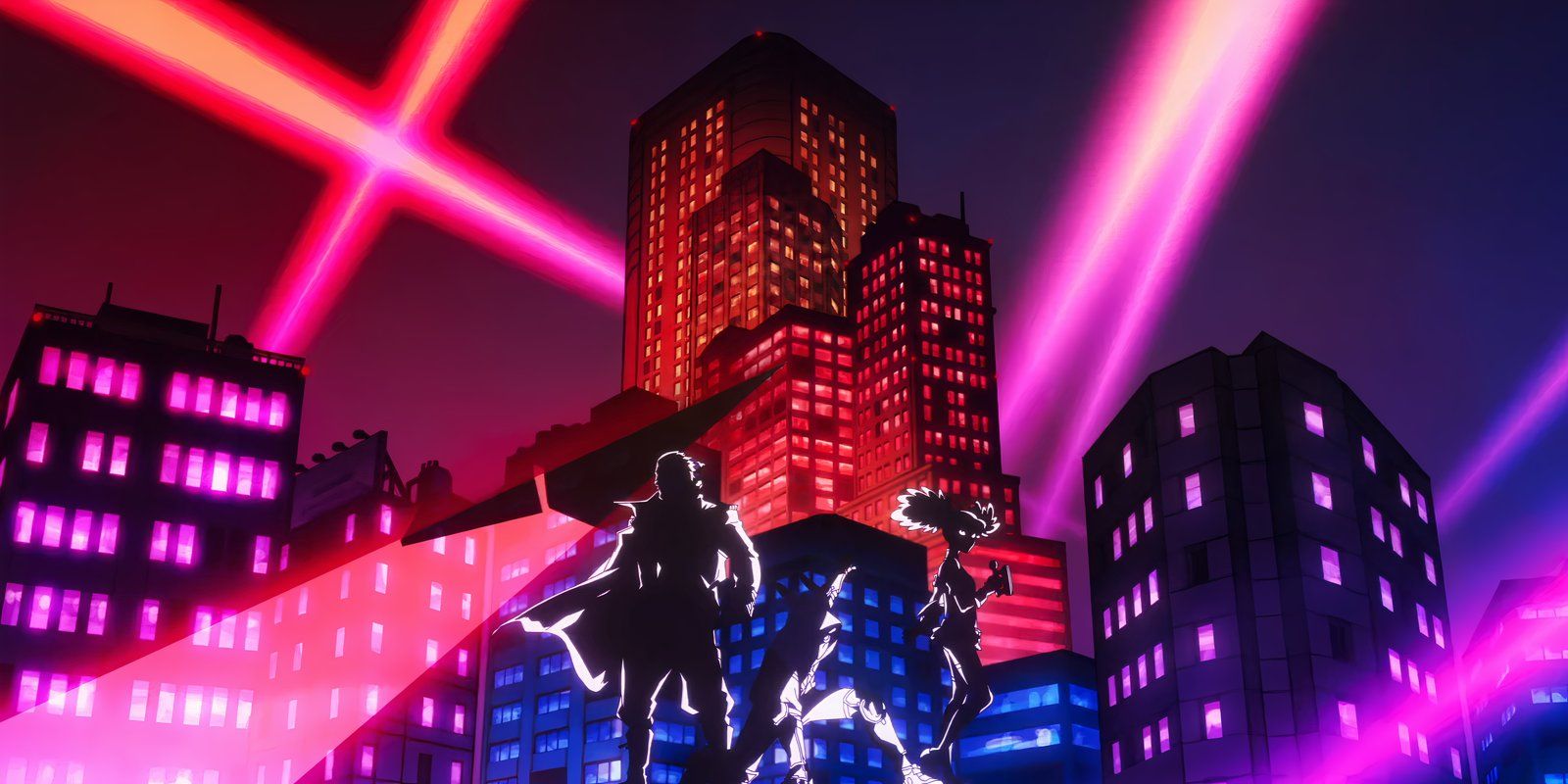
The difference between the twomakes Koichis story feel grounded and more relatable than Izukus.
This approachprovides fans with a more relatable and grounded experience.
By highlighting these characters,Vigilanteshas the chance to create a more personal connection with fans.
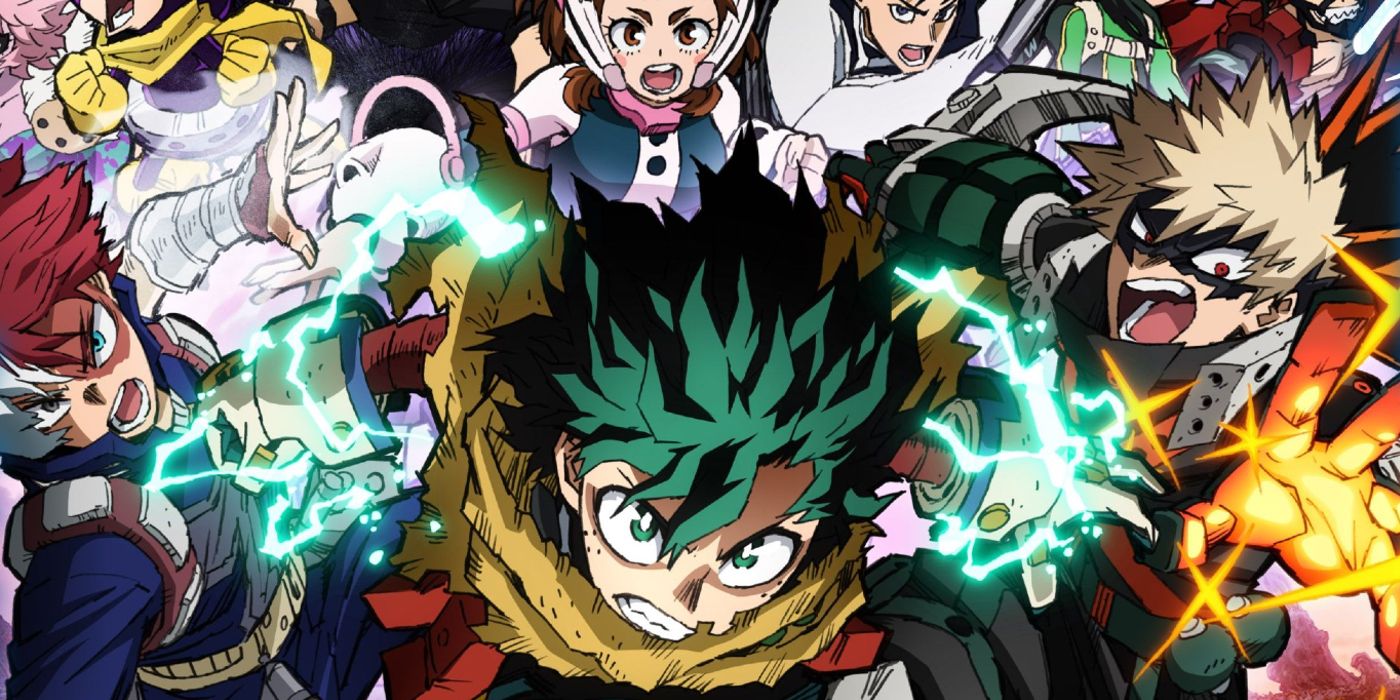
This deeper look at society’s structure gives fans a fuller understanding of the complex dynamics at play.
Additionally, the spin-off focuses on more than just the heroes andtackles how the general public reacts to vigilantes.
Shota Aizawa, in particular, benefits fromhaving a more thorough exploration.
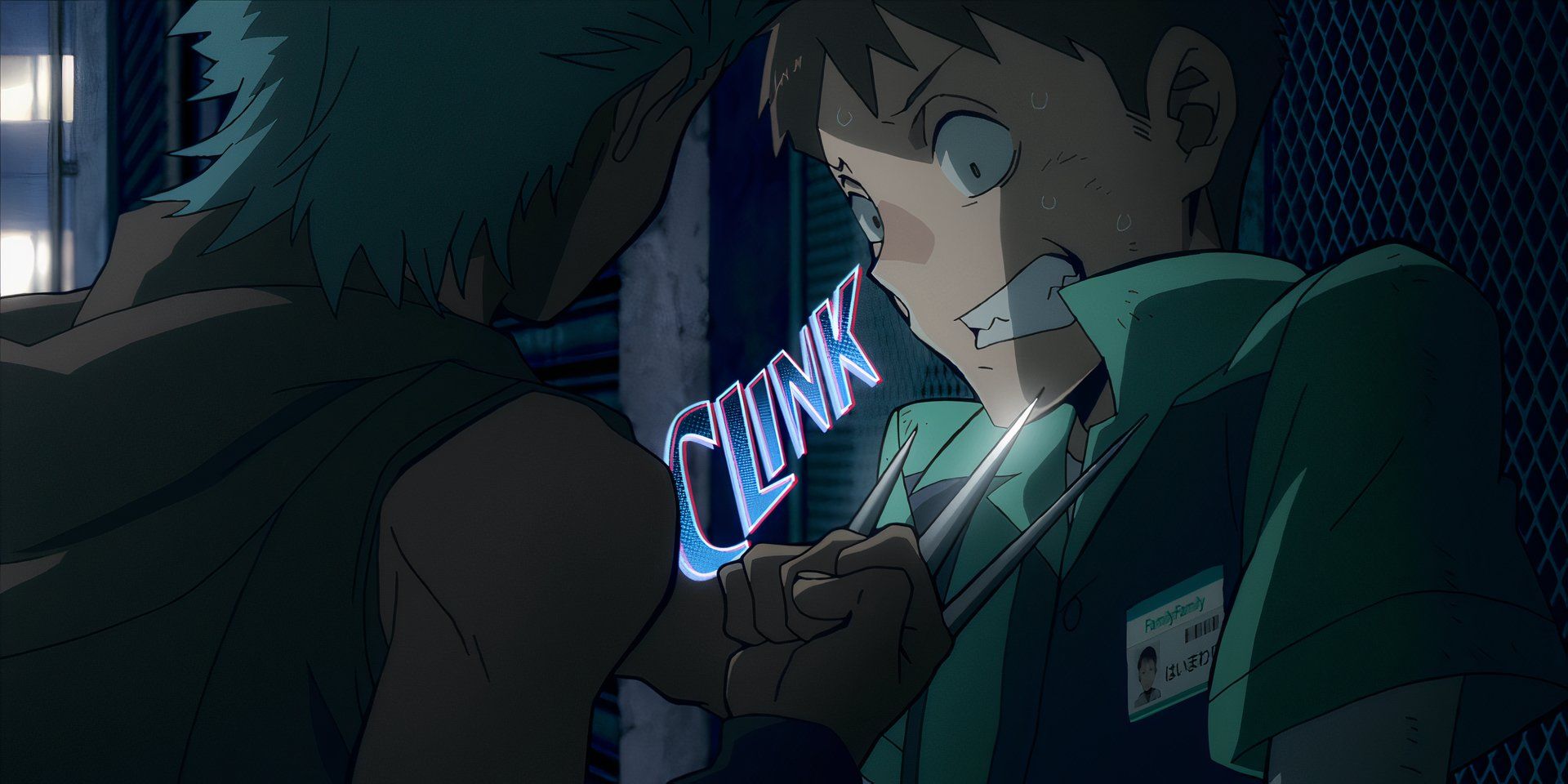
Hes shownin a much more emotional light, especially through his friendship with Oboro Shirakumo.
What makes him truly special, however, is that his actions often carry significant weight in the narrative.
The story critiques the system and examines how ordinary people are affected by these flaws.
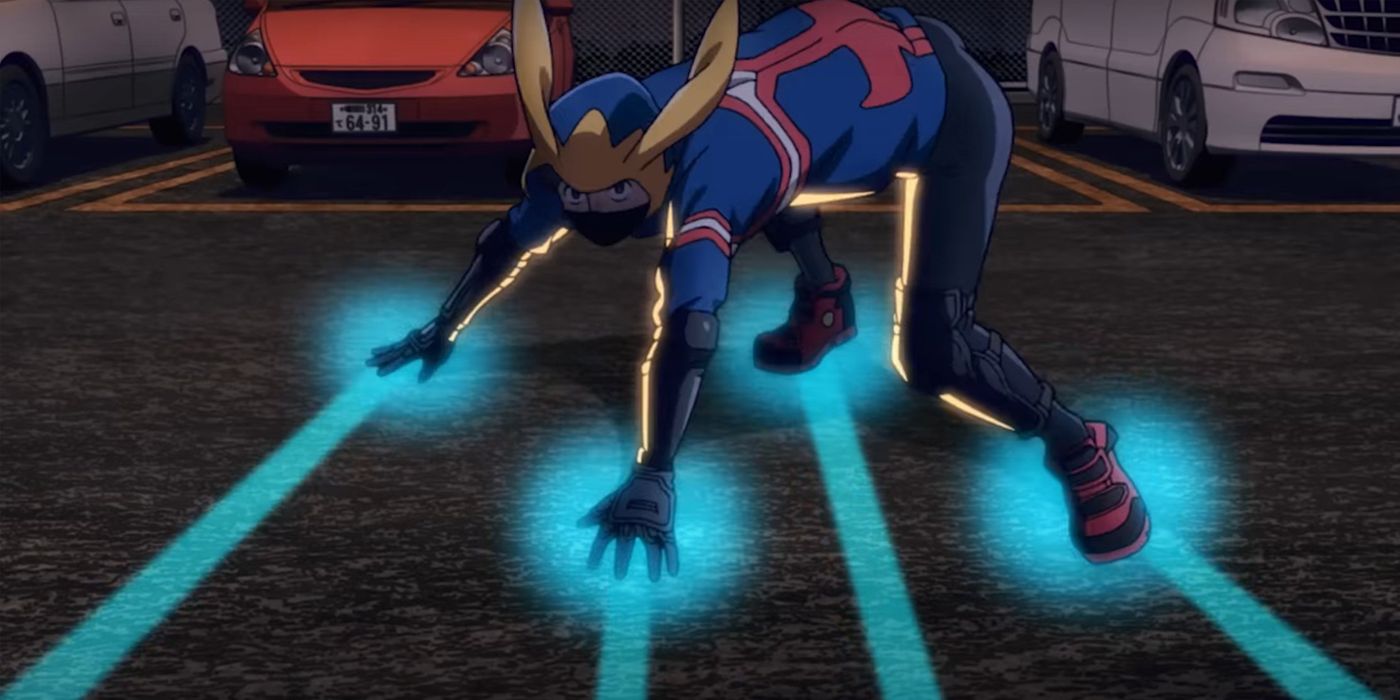
Other supporting villains inVigilantesareoften driven by desperation or the consequences of living in a broken society.
The grounded antagonists enrich the plot and give audiences a glimpse intoMy Hero Academiasunderbelly.
Your Rating
Your comment has not been saved
Cast
